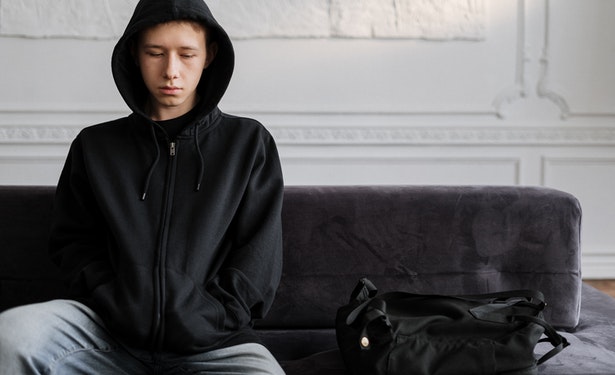12 statistics to get you thinking about mental health in young people
Date: Monday 16 May 2022
Three in four mental illnesses start in childhood
75% of mental illnesses start before a child reaches their 18th birthday, while 50% of mental health problems in adult life (excluding dementia) take root before the age of 15.
By The MQ Mental Health Team
16 million people in the UK experience a mental illness
One in four adults will experience a mental illness at some point each year in the UK. This ranges from anxiety and depression to alcohol dependence, substance misuse and psychosis.
10% of school children have a diagnosable mental illness
In an average class of 30 young people, three will have a mental health problem. Figures show 10% of children aged 5-16 have been diagnosed with a mental health problem.
75% of young people with a mental health problem are not receiving treatment
There’s been a rise in the time children are having to wait to receive treatment for complex mental health conditions, and children with depression and anxiety are often not being identified or given help.
The average wait for effective treatment is 10 years
It can take a decade for many young people to receive help after showing first symptoms. Opportunities to help are often missed until they reach “crisis”, causing children to self-harm, become suicidal, be violent and aggressive or drop out of school.
Suicide is the biggest killer of young people in the UK
Suicide is a leading cause of death in young men and women aged 20-34 and is 3-4 times higher in men than women. The figures from the Office of National Statistics reveal that the number of young suicides each year is greater than it has been for the past 10 years. In 2015 1,660 young people under 35 years took their own lives; 103 more than in 2014 and 58 more than the previous highest recorded figure (1,631 in 2011).
Impact on life expectancy
People with severe mental illness die between 10 and 20 years earlier than the general population - an equivalent or greater impact on life expectancy than heavy smoking (which, on average, reduces life expectancy by eight to 10 years). Poor physical health and nutrition is thought to be responsible for many of the deaths, according to a study by Oxford University psychiatrists published in the journal World Psychiatry.
More than half of young people link mental illness with alienation and isolation
56% believe that anyone their age diagnosed with a mental illness would be treated differently, and 55% believe they would lose friends.
More than half of young people feel embarrassed about mental illness
51% of young people believe that anyone their age diagnosed with a mental illness would be embarrassed. The findings from a YouGov/MQ survey also show a high level of mental health problems in students, as more than a quarter (27%) report having a mental health problem of one type or another. Female students are more likely to say they have mental health problems than males (34% v 19%).
Just 6% of UK health research spending goes on mental health
This is despite mental health disorders such as anxiety, depression, phobias and post-traumatic stress disorder affecting one in four of the population.
For every person affected by mental illness, £8 is spent on research – 22 times less than cancer and 14 times less than dementia
UK funding for mental illness research equates to £8 per person, according to research from mental health research charity MQ, compared with £178 per person for cancer and £110 for dementia.
Less than 30% of mental health research is focused on young people
Only £26m a year is earmarked for children and young people’s studies, despite 75% of mental illness starting before the age of 18. The lack of investment in children’s mental health means that very little is known about the cause of mental illness, and which treatments are most effective.
Content source: https://www.mqmentalhealth.org/12-statistics-to-get-you-thinking-about-mental-health-in-young-people/

